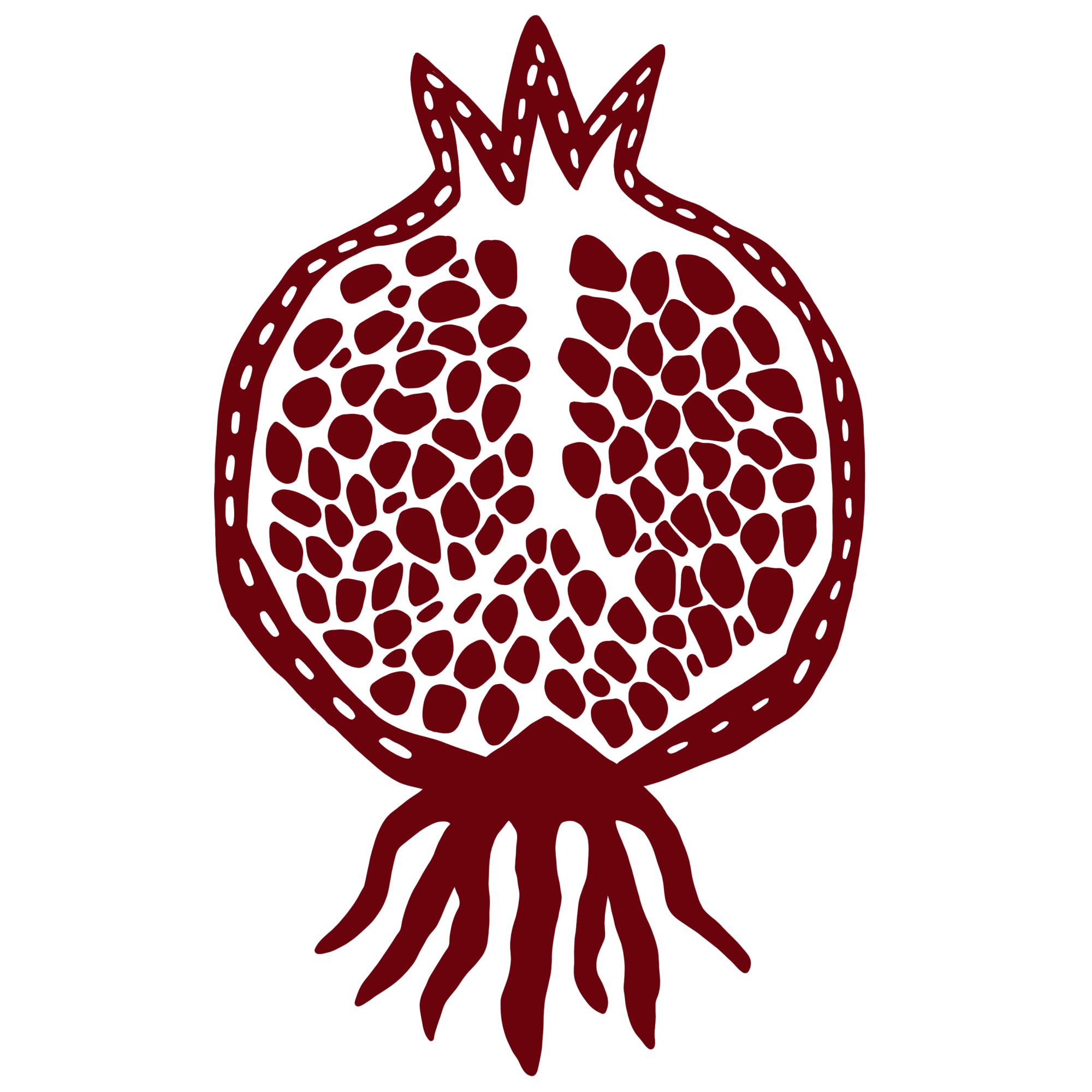Grief doesn’t just show up when someone dies. It also arrives quietly in life’s transitions, ruptures, and unmet needs. We grieve lost identities, childhoods we never had, relationships that never became what we hoped for, and dreams deferred by survival.
This kind of grief ambiguous, invisible, and often unspoken can be just as heavy. But because it doesn’t follow the scripts of "acceptable loss," it’s rarely named, let alone validated.
In therapy, we make space for all kinds of grief. The grief of becoming someone new. The grief of setting boundaries and losing connection. The grief of systems that failed us. The grief we inherited from our ancestors.
Naming grief is a powerful act. It says: this mattered. I matter. And it opens the door to ritual, to release, and to redefining our relationship with loss.
You deserve space to mourn not just who or what you lost, but also what you never received and deeply needed. Your grief is valid, and your healing is not measured by how quickly you move on, but how gently you return to yourself.


0 Comments